Inclusive Governance in Suriname
Writer : YELF | Datum : 2025-06-09 13:15:53
Inclusive Governance enables people to exercise a voice and influence in the processes that concerns them. It also provides the basis for forging shared identity and common values. This creates effective and resilient states and societies that are inclusive and that prioritize Good Democratic Governance and the Human Rights-Based Approach (OECD, 2020). Several initiatives were implemented to this end.
Between 2021 and 2024 the “Joint Programme Leaving No One Behind, Building Resilience, and Improving Livelihoods of Indigenous and Tribal Peoples (ITPs) (JPLNOB)” was implemented in partnership with the United Nations Development Programme (UNDP), Government (The Ministry of Regional Development and Sport, The Ministry of Social Affairs and Housing, the Ministry of Health) and organizations from ITPs, Vereniging van Inheemse Dorpshoofden Suriname (VIDS)[1] and Kwinti, Aluku, Matawai, Paramaccaners, Okanisi en Saramaccaners (KAMPOS). One conclusion that was emphasized is the design of a policy that included the perspective of the ITPs; a challenge for the government of Suriname (GoS), especially when facilitating sustainable development in ITP communities.
To create more awareness on this subject the Youth Education and Leadership Foundation (YELF) in partnership with the UNDP, organized a symposium on Inclusive Government in Suriname. Examples from Panama were also discussed during this symposium.
Download Report%20of%20the%20symposium%20on%20inclusive%20Governance%20%201952025.pdf
Similar Topics:
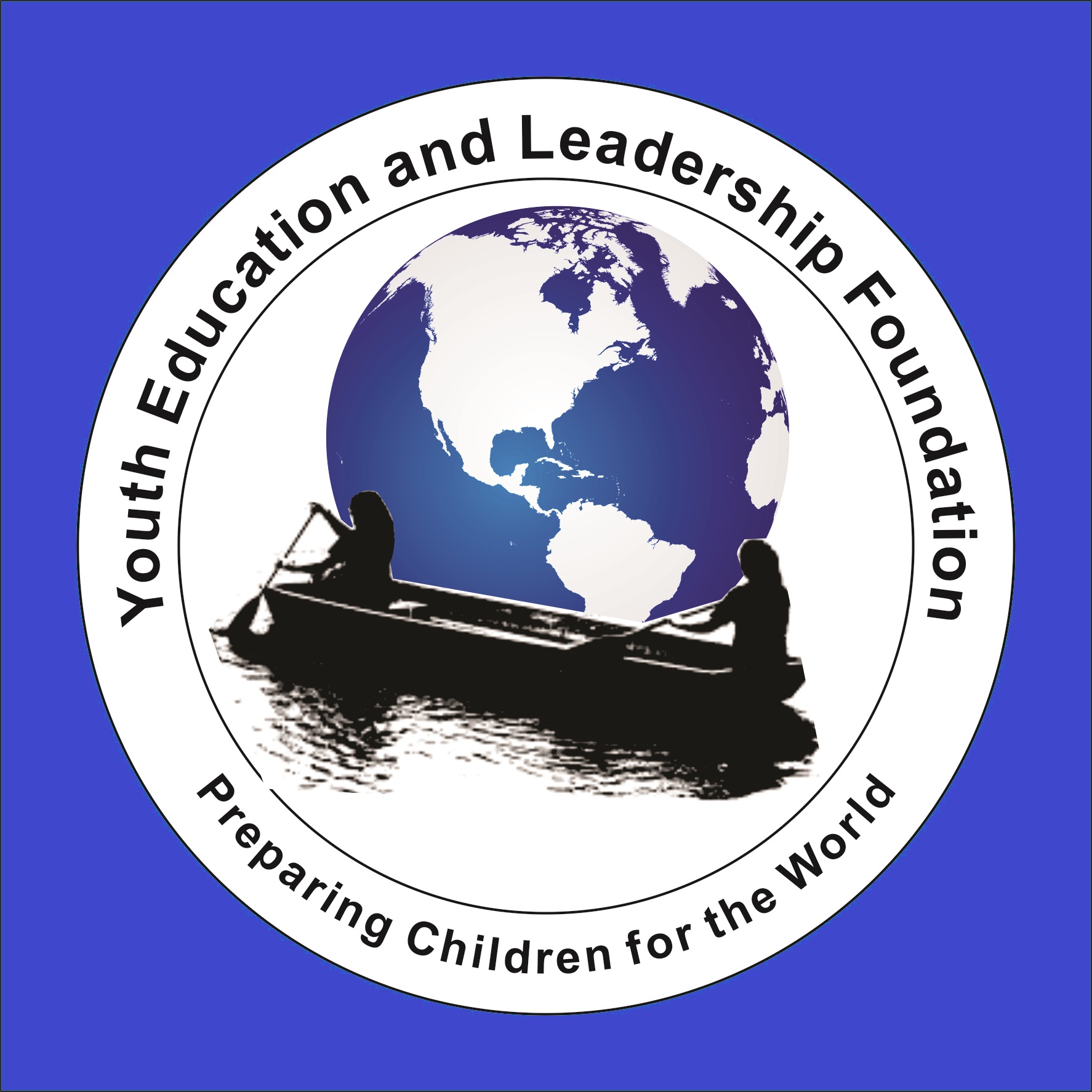
Panama and Suriname: Uniting Forces in Waste Management and Environmental Sustainability in Carbon-Zero Times
The world faces an unprecedented environmental crisis, with effective waste management emerging as one of the most pressing global challenges. Within this context, Panama and Suriname, both members of the carbon-zero alliance, share challenges and opportunities for sustainable waste management. Both countries are committed to carbon-zero goals, yet they face rising pressures from industrial activities, notably Suriname’s expanding oil sector and unregulated informal mining, which threaten environmental stability.
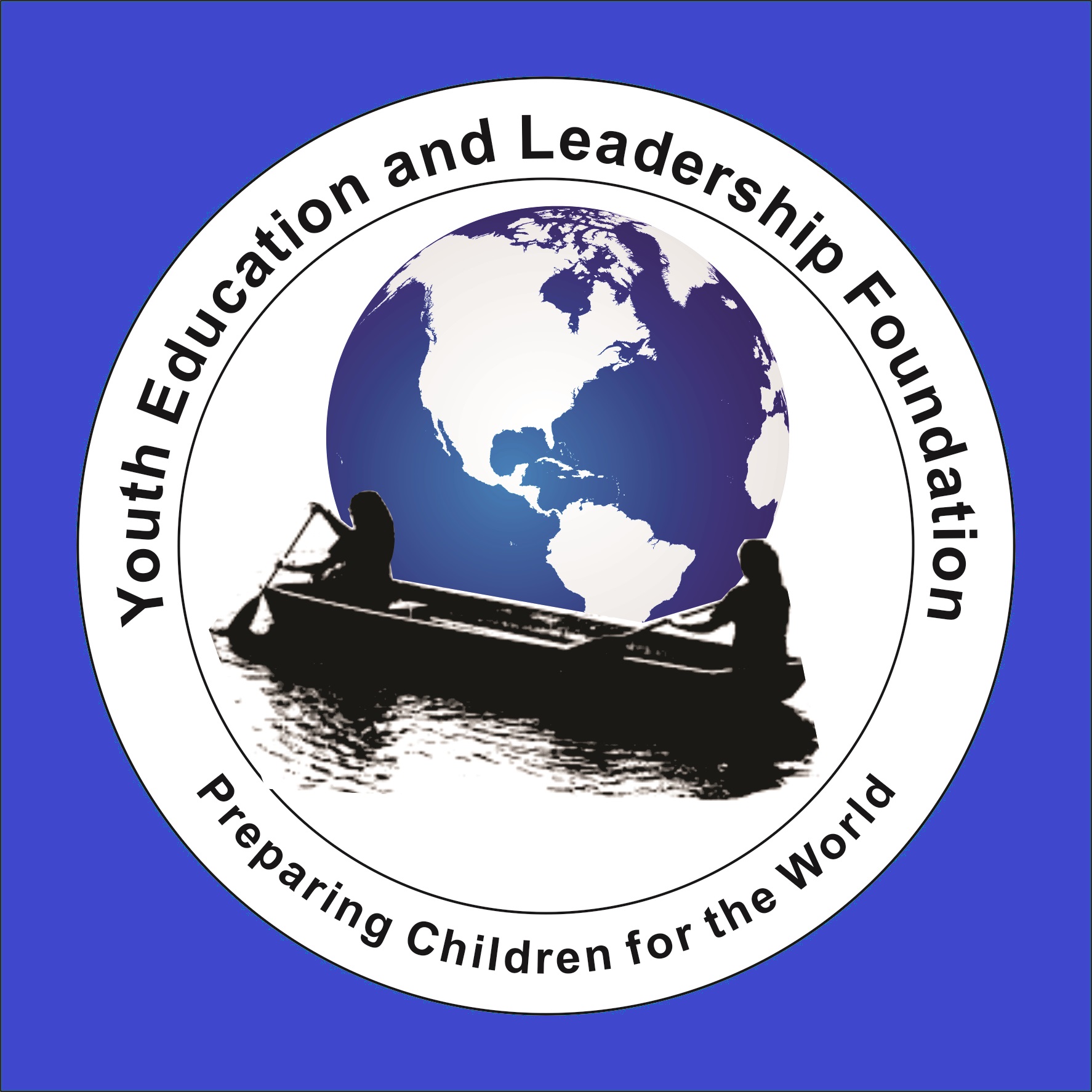
Indigenous Rights in the Amazon
With funding from the United States Embassy in Suriname and the sponsorship of the Youth Education and Leadership Foundation and Global Americans, we are pleased to present "Indigenous Rights and Extractive Industries in the Amazon," a two-day virtual conference on human rights and environmental issues in the Amazon. Indigenous Rights in the Amazon September 23, 10:00 AM to 11:00 AM EDT Speakers: - Luis Gilberto Murillo, Colombia's former Minister of Environment and Sustainable Development - Ine Apapoe, Lecturer at the Anton De Kom University of Suriname - Magda Monteza, Strategic Planning Specialist, Panamanian Ministry of Government - Jorge Andrés Forero Gonzáles, Director of Peacebuilding, Al Centro (Colombia) Moderator: Guy Mentel, Executive Director, Global Americans
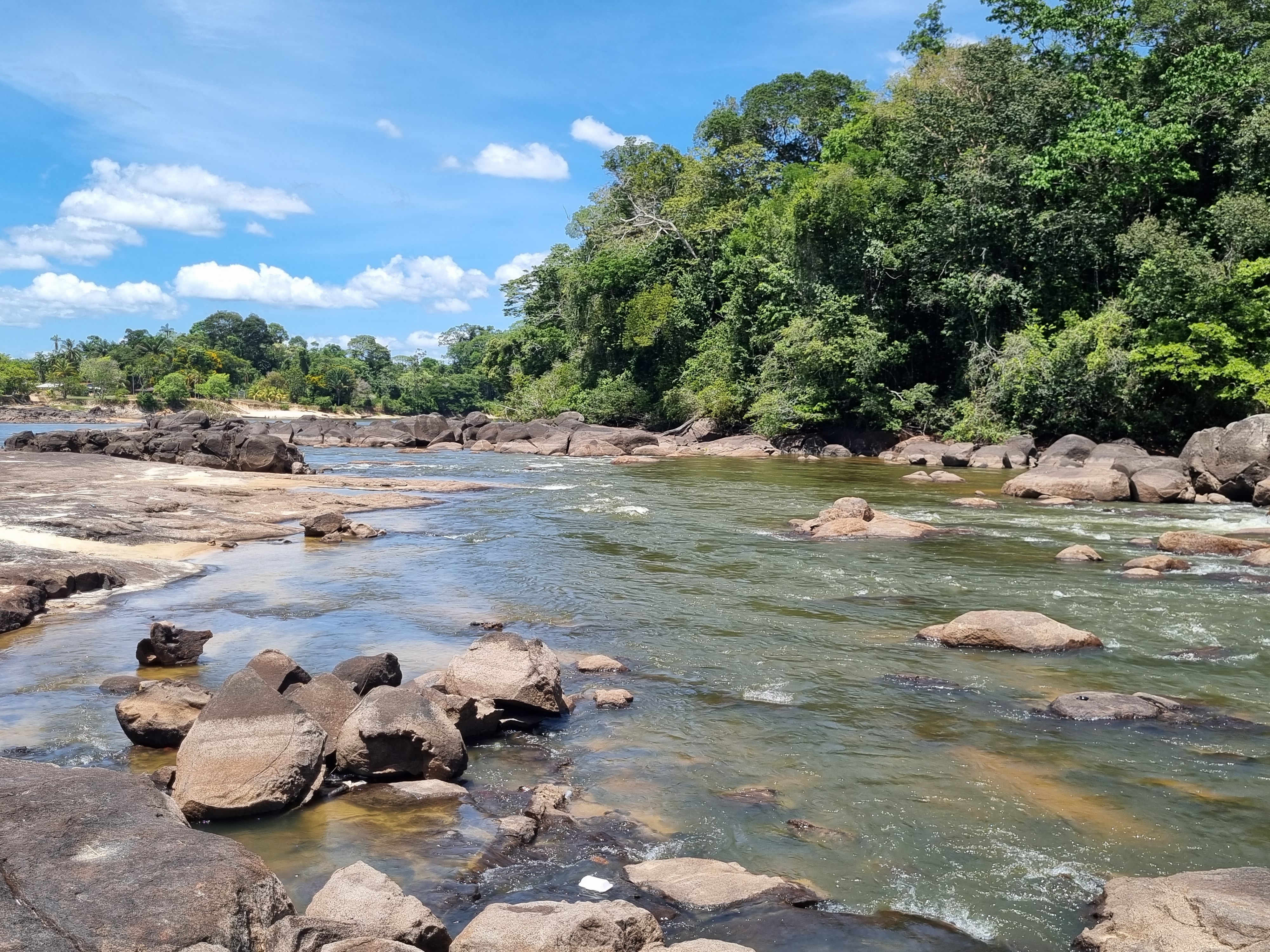
Extractive Industries in the Amazon webinar
With funding from the United States Embassy in Suriname and the sponsorship of the Youth Education and Leadership Foundation and Global Americans, is pleased to present "Indigenous Rights and Extractive Industries in the Amazon," a two-day virtual conference on human rights and environmental issues in the Amazon. Speakers: - Mark Pieth, Professor at the Basel Institute of Governance, former Chair of both UN Illegal Drug Trafficking and OECD Anti-Bribery Working Groups - Luz Nagle, Professor at Stetson University Law School and former Judge in Medellín - Bruce Zagaris, Partner with Berliner Corcoran & Rowe LLP & Founder of the International Enforcement Law Reporter - Julia Marisa Sekula, Climate Security Program Coordinator at Instituto Igarapé Moderator: Guy Mentel, Executive Director, Global Americans
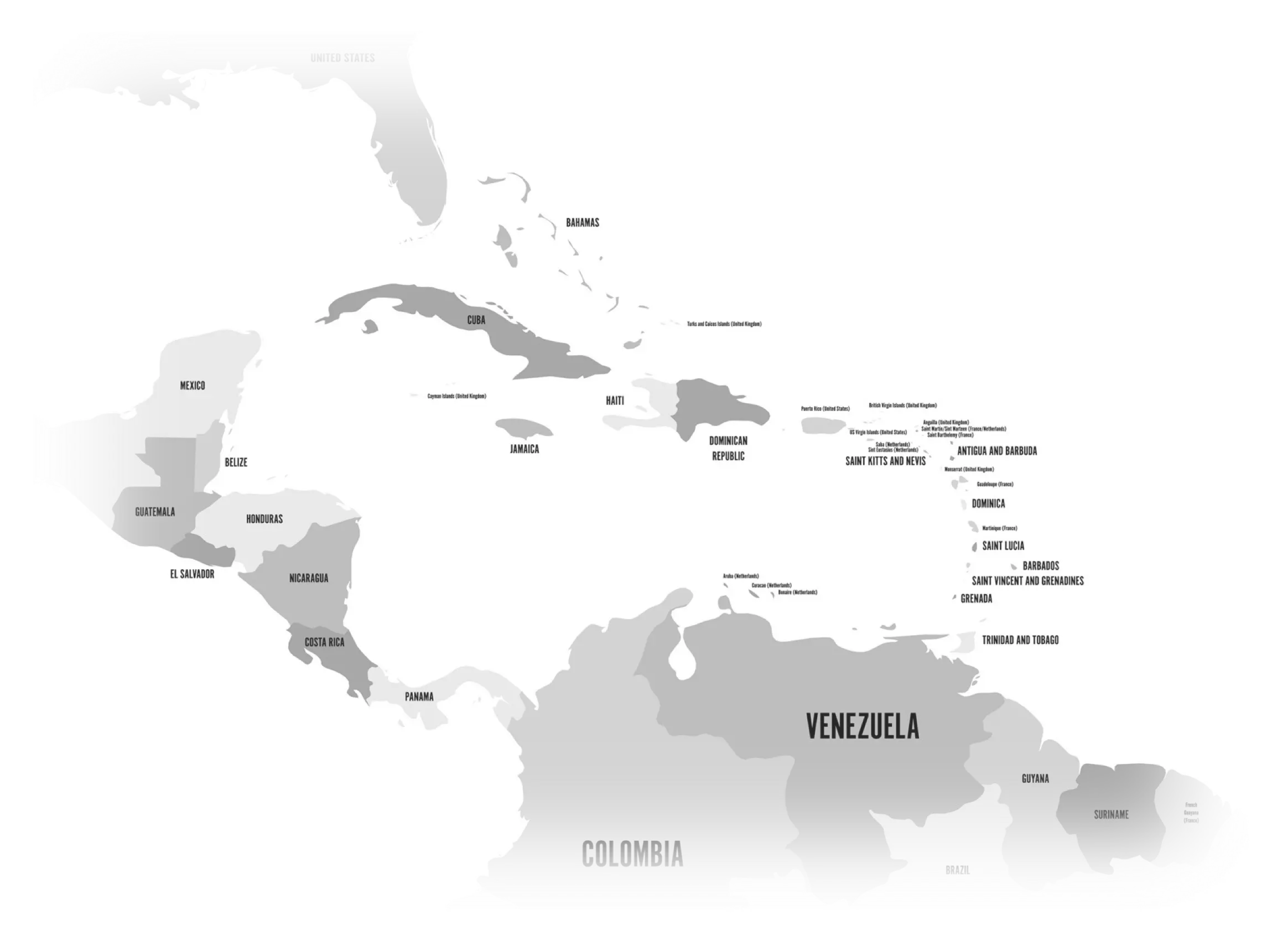
Good Governance in the Caribbean: Obstacles and Opportunities
The Caribbean has too often been relegated to the back seat of most Western Hemisphere policy discussions. With the exception of Cuba, the countries of the region have rarely emerged atop United States foreign policy priority lists. From climate change to blue economy issues to food security and increased digital connectivity, the Caribbean, with all of the challenges it faces, is also home to extraordinary opportunity and possibility
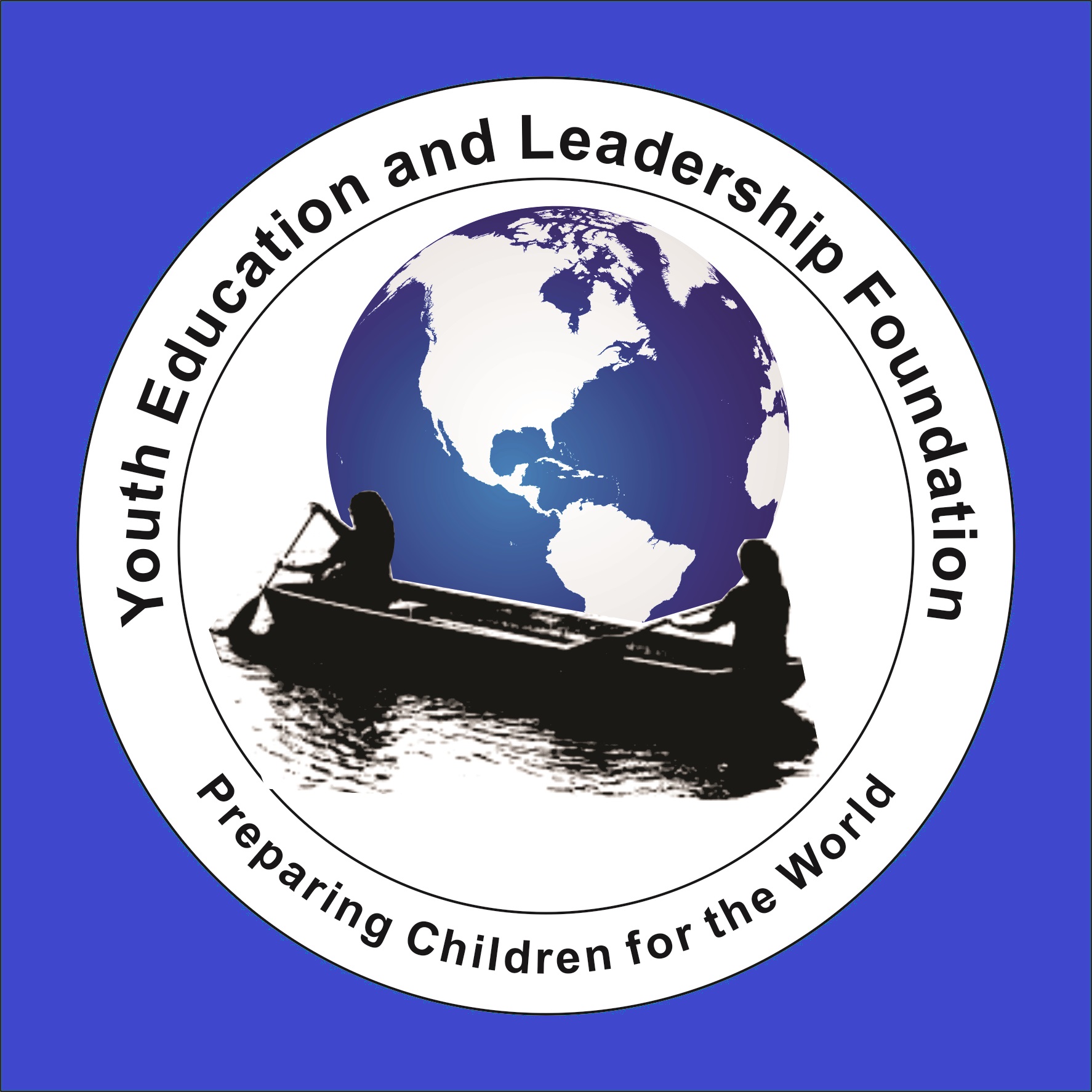
A Region in Transition: Building a Post-Pandemic Economy in the Caribbean
On Wednesday, December 1, Global Americans and the Caribbean Policy Consortium, with support from the U.S. Embassy in Suriname, hosted a virtual panel on social and economic development in the Caribbean.

Economic crisis in Suriname: What’s next?
Suriname, a country of roughly 600,000 people in northeast South America, is part of the Guyana-Suriname Basin—often called the “Holy Grail” of oil and gas. Major oil and gas discoveries within the last six years revealed at least 13 billion barrels